The second Payment Services Directive (PSD2) is an EU Directive considered to be a game-changer for banking and online retail. It’s goal will be to increase transparency and consumer trust.
In summary, it will allow customers to approve third-party providers to manage their finances, analyse spending, make Peer-to-Peer (P2P) transfers and more, all through their existing bank account. New, innovative financial service providers could appear in the market as banks allow easy integration to their system (referred to as Open Banking). This is great news for customers as they will have a wider choice of finance providers and a huge variety of ways to pay for goods and services.



